Adaptogens and Nootropics : 2 Powerful Tools , 2 Different Jobs
Table of Contents
Feeling Stressed or Foggy? You’re Not Alone
That moment creeps in—when everything feels chaotic, your mind is all over the place, and your body’s running on empty. You sip your coffee, hoping for a quick fix. But deep down, you know caffeine’s not cutting it anymore. Your body is tired, your mind is foggy, and you’re craving something deeper—something natural that helps you reset, think clearly, and feel calm.
That’s where adaptogens and nootropics step in. You’ve probably heard of them, maybe even seen them on supplement labels. But what are they really? And how do they help you feel better, think sharper, and manage stress more effectively? If you’re navigating burnout or simply aiming to optimize your focus, it’s time to understand the real difference between adaptogens and nootropics—and how you can use both to your advantage.

What Are Adaptogens?
Natural Stress Fighters That Help Your Body Adapt
Adaptogens are unique herbs and natural substances that support your body’s ability to handle physical, emotional, and chemical stress. Unlike stimulants, which push your energy temporarily, adaptogens support your homeostasis—your body’s ability to maintain internal balance. In simpler terms, they help you adapt to stress without crashing afterward.
These herbs have been used for centuries in systems like Traditional Chinese Medicine and Ayurveda. They work gradually and gently, but their effects are powerful over time.
How Adaptogens Work in Your Body
When you’re under chronic stress, your adrenal glands release cortisol—a hormone that helps your body cope. But when that cortisol stays elevated too long, it can drain your energy, mess with your sleep, and even weaken your immune system.
Adaptogens work by:
- Regulating your cortisol levels
- Supporting your adrenal glands
- Improving your resistance to fatigue and anxiety
- Balancing the nervous system
In essence, they help you stay calm, centered, and energized—without that wired-and-tired feeling.
Popular Adaptogens and Their Benefits
| Adaptogen | Primary Benefit | Traditional Use |
| Ashwagandha | Reduces anxiety, lowers cortisol | Ayurveda |
| Rhodiola Rosea | Enhances endurance, reduces fatigue | Siberian medicine |
| Holy Basil | Balances mood, antioxidant effects | Ayurvedic herbal medicine |
| Panax Ginseng | Boosts stamina, strengthens immunity | Traditional Chinese remedy |
Did you know? A study in Phytomedicine found that Rhodiola can reduce fatigue and improve mental performance in just four weeks.
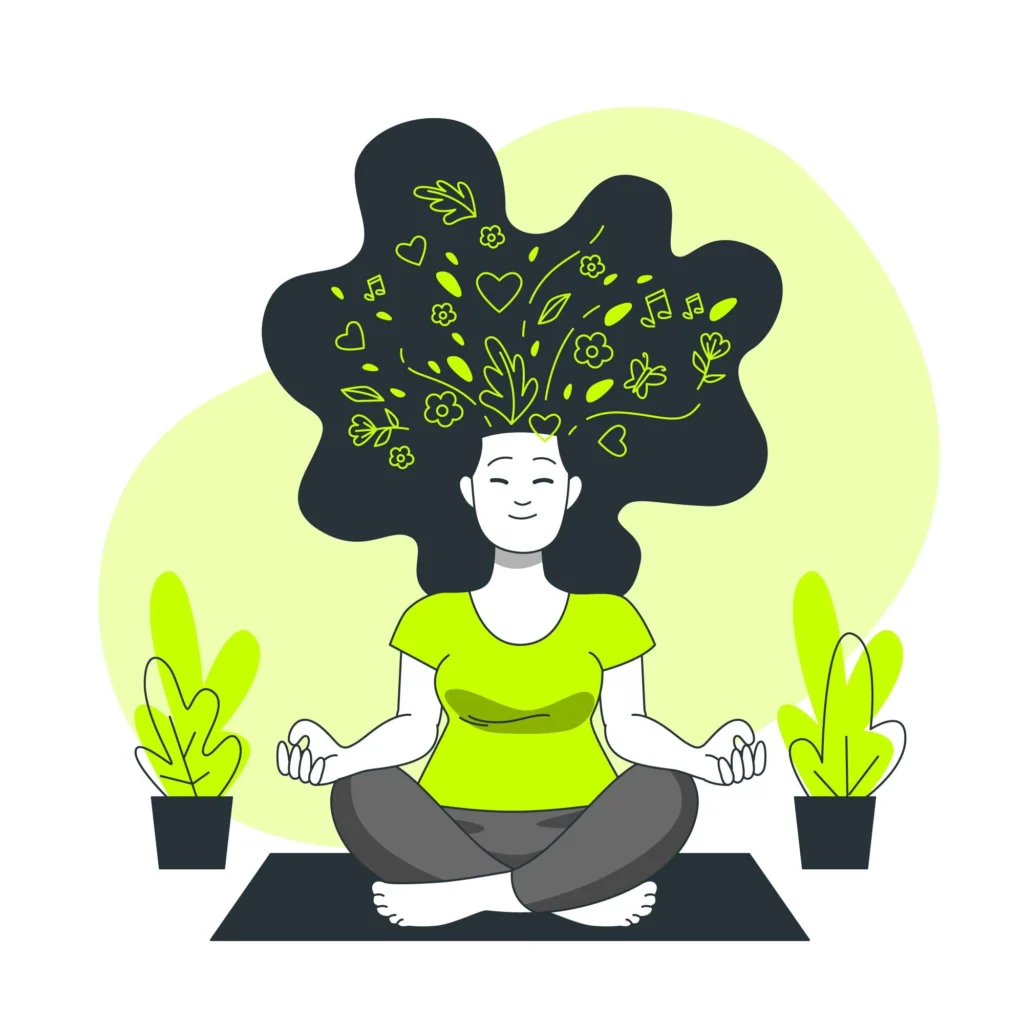
What Are Nootropics?
Smart Compounds to Supercharge Your Brain
While adaptogens focus on helping your body cope with stress, nootropics are all about enhancing your brain’s capacity. These are compounds whether natural or synthetic that enhance cognitive abilities such as memory, focus, learning, and creativity.
You might hear them called “smart drugs,” but not all nootropics are pharmaceutical. Many come straight from nature and offer gentle, sustainable brain support without side effects.
How Nootropics Enhance Cognitive Function
Nootropics typically work by:
- Supporting neurotransmitters like dopamine and acetylcholine
- Enhancing cerebral blood flow
- Stimulating brain plasticity (your brain’s ability to grow and adapt)
- Promoting better recall, concentration, and alertness
Some work almost immediately (like L-Theanine), while others need a few weeks to build up in your system (like Bacopa Monnieri).
Top Natural Nootropics to Know
| Nootropic | Cognitive Benefit | Source |
| Lion’s Mane | Enhances memory, nerve regeneration | Medicinal mushroom |
| Bacopa Monnieri | Improves learning & memory retention | Ayurvedic herb |
| L-Theanine | Promotes relaxed focus | Green tea |
| Ginkgo Biloba | Boosts circulation, mental clarity | Tree leaf extract |
Pro Tip: L-Theanine and caffeine combined offer clean, focused energy—no jitters or crashes.
Adaptogens vs. Nootropics: What’s the Real Difference?
Two Powerful Tools, Two Different Jobs
You might be wondering—if both help you feel better, why not just pick one? The answer lies in what you need most. Here’s a clear breakdown:
| Adaptogens | Nootropics | |
| Main Purpose | Reduce stress, balance hormones | Boost mental performance |
| Effect On Body | Works on the adrenal system | Targets neurotransmitters and brain flow |
| Typical Results | Less anxiety, better sleep, more energy | Improved focus, sharper memory |
| Time to Work | Usually weeks | Some work in hours, others in weeks |
| Examples | Ashwagandha, Rhodiola | Lion’s Mane, Bacopa, Ginkgo Biloba |
While adaptogens calm and restore, nootropics sharpen and activate. Many people benefit from a blend of both, especially if you’re tackling stress and need to stay productive.
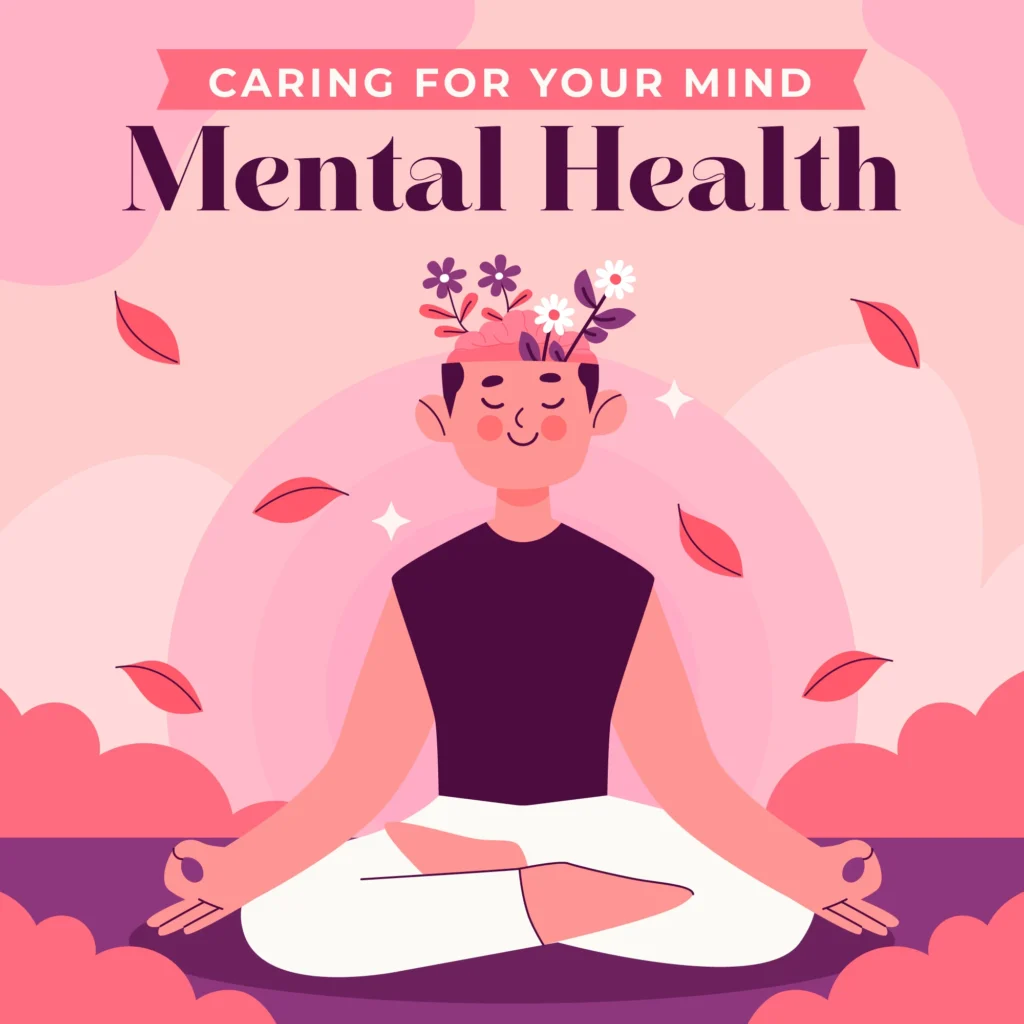
Can You Combine Adaptogens and Nootropics?
Yes—But Stack Smart
Absolutely—you can combine them. In fact, some of the best results come from stacking adaptogens and nootropics together. But it’s essential to be intentional.
Here are a few smart combinations:
- Ashwagandha + L-Theanine
→ Calm nerves + enhanced focus = balanced energy for the anxious overthinker. - Rhodiola + Bacopa Monnieri
→ Mental stamina + memory support = ideal for students and busy professionals. - Lion’s Mane + Holy Basil
→ Brain growth + stress protection = cognitive clarity in chaos.
Guidelines for Safe Stacking:
- Start with low doses
- Stick to 1–2 ingredients at a time
- Monitor your response
- Always check for interactions with medication
Who Should Use Adaptogens and Nootropics?
Know Your Body, Choose Your Ally
You don’t need to wait until you hit burnout to use these tools. The right blend can help you stay ahead of stress and keep your mind sharp. Here’s how to assess what fits your life:
- Use Adaptogens If You:
- Feel constantly stressed or overwhelmed
- Struggle with sleep or chronic fatigue
- Deal with hormonal imbalances or immune issues
- Feel constantly stressed or overwhelmed
- Use Nootropics If You:
- Need more focus and productivity
- Want to support memory and learning
- Experience mental fog or forgetfulness
- Need more focus and productivity
Caution: Avoid using either if you’re pregnant, breastfeeding, or taking medications that could interact—always check with your healthcare provider.
How to Choose High-Quality Adaptogens and Nootropics
Don’t Waste Time or Money on Ineffective Supplements
Not all supplements are created equal. Some are underdosed, untested, or filled with cheap fillers.
What to Look For:
- Clinically backed dosages
- Organic or sustainably sourced ingredients
- Third-party testing for purity
- Transparent labeling (no “proprietary blends” hiding actual amounts)
Avoid These Red Flags:
- Wild claims like “boost IQ instantly”
- Vague ingredients without amounts
- Products without reviews or verifiable sourcing
FAQs: Adaptogens and Nootropics
Are adaptogens and nootropics safe for everyday use?
Most natural ones are safe when taken as directed. But always start slowly and check for interactions.
Can you take adaptogens and nootropics together?
Yes—many work well together. Just make sure you’re not combining too many new supplements at once.
How long do they take to work?
It depends. L-Theanine works within 30–60 minutes. Bacopa and Ashwagandha take a few weeks of consistent use.
What’s better—adaptogens or nootropics?
It depends on your goal. For stress and recovery, go with adaptogens. For focus and learning, try nootropics. Many people benefit from using both.
Do they have side effects?
Side effects are rare but can include digestive discomfort or mild headaches. Always monitor how your body responds.
Conclusion: Your Path to Calm, Clear, and Focused Starts Here
You don’t have to live in a constant state of stress, fatigue, or foggy thinking. By learning how adaptogens and nootropics work, you’re already taking a powerful step toward better balance, clarity, and wellness. Whether you choose one or blend both, these natural tools offer a smarter, safer way to support your mind and body without relying on quick fixes.
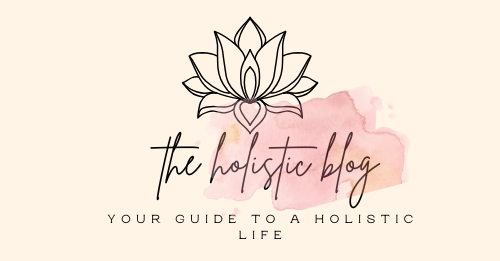
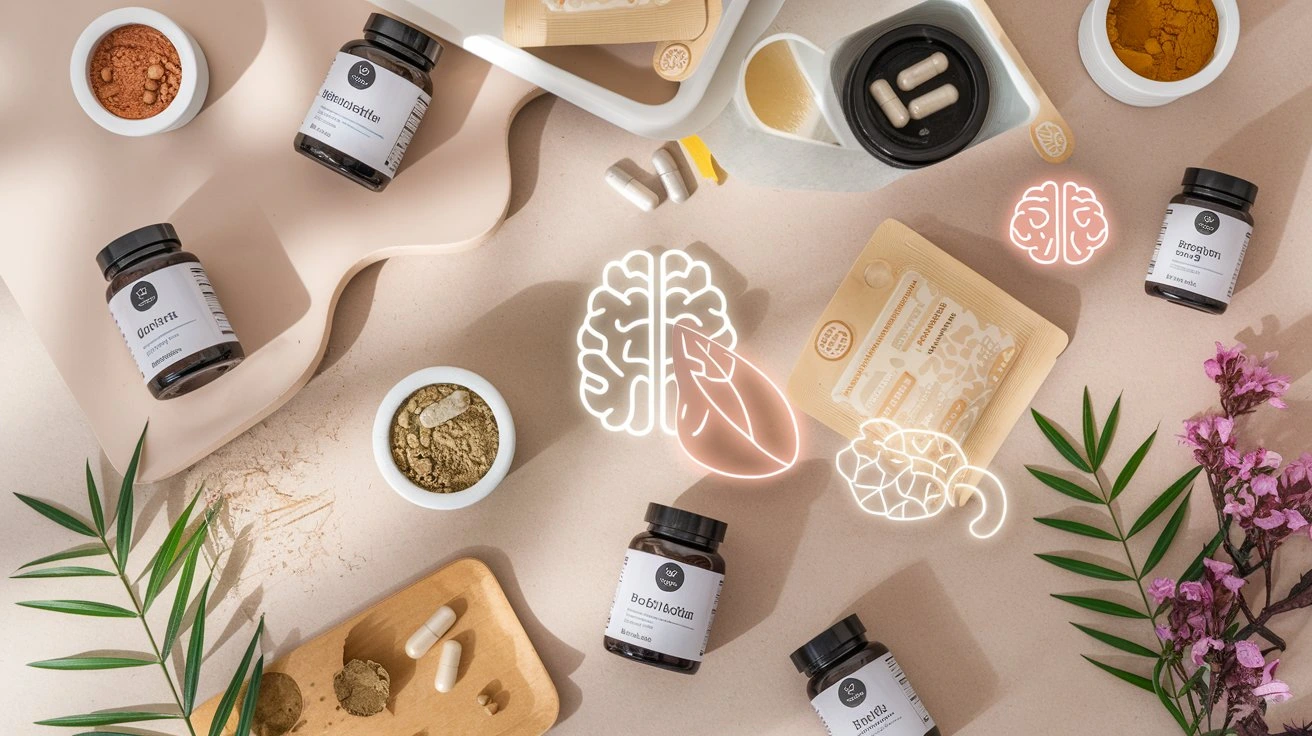


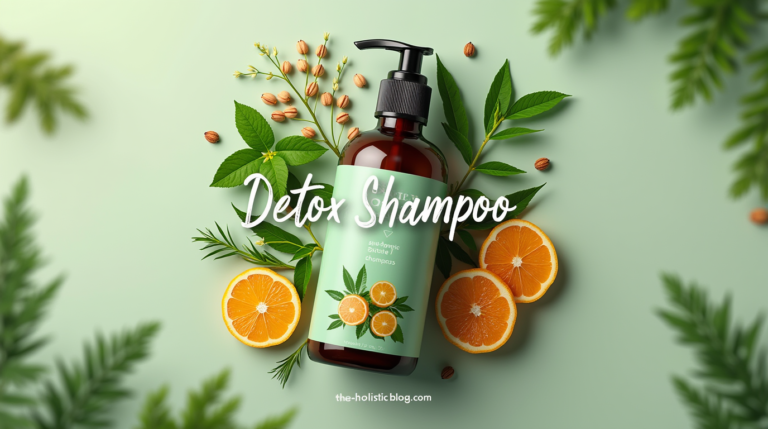


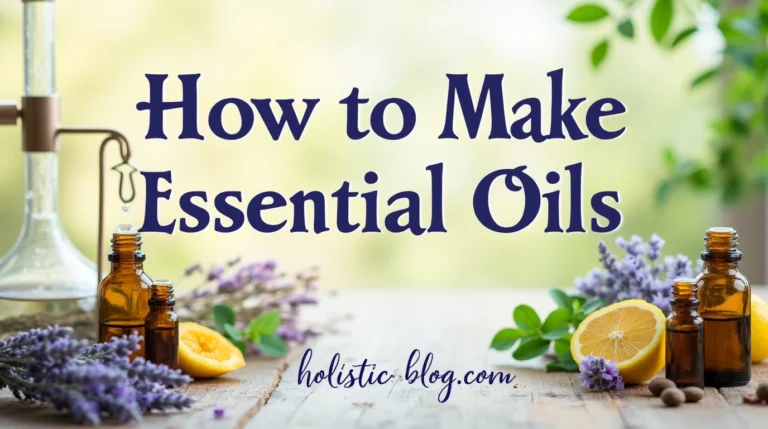
Good post. I learn one thing more challenging on totally different blogs everyday. It’ll always be stimulating to read content from different writers and follow a little bit something from their store. I’d favor to make use of some with the content on my blog whether you don’t mind. Natually I’ll provide you with a link in your web blog. Thanks for sharing.
Some truly interesting points you have written.Helped me a lot, just what I was looking for : D.